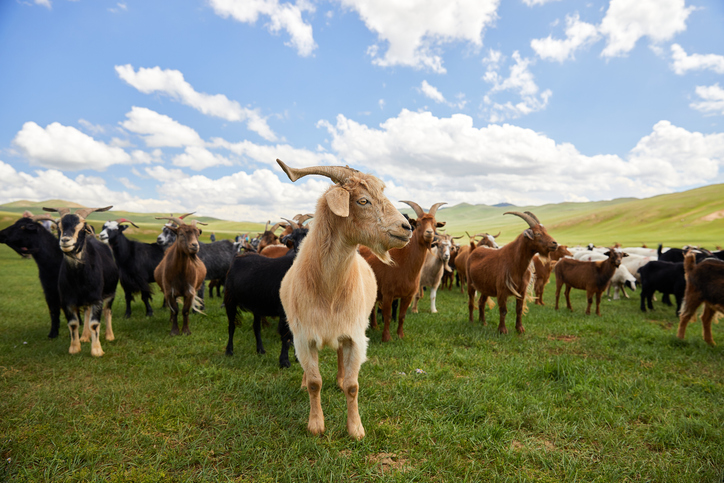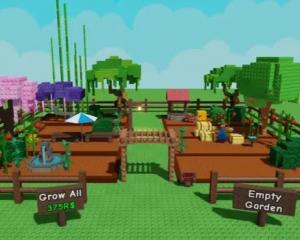
A religious scholar said she was "flabbergasted" animal sacrifices were happening in any type of Hindu ceremony locally when the practice was dying out globally.
The ritual slaughter earlier this summer in Clendon Park, South Auckland, triggered an Auckland Council investigation and official warning.
On Thursday, residents at the Clendon Park house claimed an "imposter" attended the ceremony and was probably conjuring up inaccurate and defamatory claims.
A woman at the property said her male relative carried out the time-honoured ritual.
"He was supposed to do it in Fiji but unfortunately because of the Covid, he wasn't able to travel to Fiji to do it. So he did it here."
She said the ceremony, sometimes known as "kulu pooja", was normally enacted in late autumn or winter.
"It's just an offering to our God. It's a ritual we have been doing for years ... It's also being done in India."
She said whoever complained about the ritual was "bullshitting" or being ignorant.
"These people are funny, wanting to make stories out of it ... Everyone's god is the same but the rituals are different."
The resident would not say what happened to the goats afterwards.
Her father-in-law said the matter was resolved.
"It was one time ... The council came and said 'don't do it' and I said 'okay'."
Under Auckland bylaws, slaughtering stock other than poultry is not allowed on premises smaller than 4000 square meters (0.99 acres) in an urban area.
The residents apologised to the council.
A person who claimed to have attended the event said two goats near a shrine at the property were tied up one Saturday earlier this summer.
She said a man stood near the goats.
"They were sharpening a brand new knife."
She said the goats were tied up with leashes around their necks and appeared agitated.
But she said the animals were then washed and decorated with red powder and seemed to calm down, before being slaughtered, skinned, chopped up, and offered to a deity.
She said about twelve people attended the ceremony which was dedicated to the deity Maariamma or Mariamman, a South Indian Hindu goddess of rain.
She said the people who enacted the ritual believed evil would afflict them if the ceremony was not carried out.
And she was worried self-declared Hindu priests or holy men operating outside of temples could pose risks to the Indian and Indo-Fijian community.
Such rituals could evolve into dubious faith-healing sessions, she said.
"The underlying agenda out of this is that people get persuaded because the ritual is of such a high magnitude, surely these people have such strong powers to [heal]."
She said another ritual animal sacrifice was carried out recently on a private Bay of Plenty property.
The Herald has learned a central Government agency is investigating that alleged animal sacrifice.

"I am slightly flabbergasted to be hearing that it is going on."
Wood said it was unlikely any local temple or many Hindus would endorse the animal sacrifice.
"It's either the individual or the family lineage that carries this out ... It's happening in a private practice rather than a religious practice."
"Even if it is one or two isolated incidents, it is still a concern."
Animal sacrifice was increasingly rare in India, she said.
Dirk Timp of Auckland Council said a compliance officer interviewed a resident after complaints about animals being slaughtered.
The resident admitted he'd slaughtered two goats.
Timp said the council explained the animal management bylaw to the person.
The bylaw meant people were not allowed to leave animal remains on any land if the remains created a nuisance or risk to public health and safety.
Timp said slaughtering of stock in public was also banned under the bylaw.
"The occupant of this premises was apologetic and informed us he was unaware of the [bylaw] and that he would refrain from slaughtering animals on his property in future."













